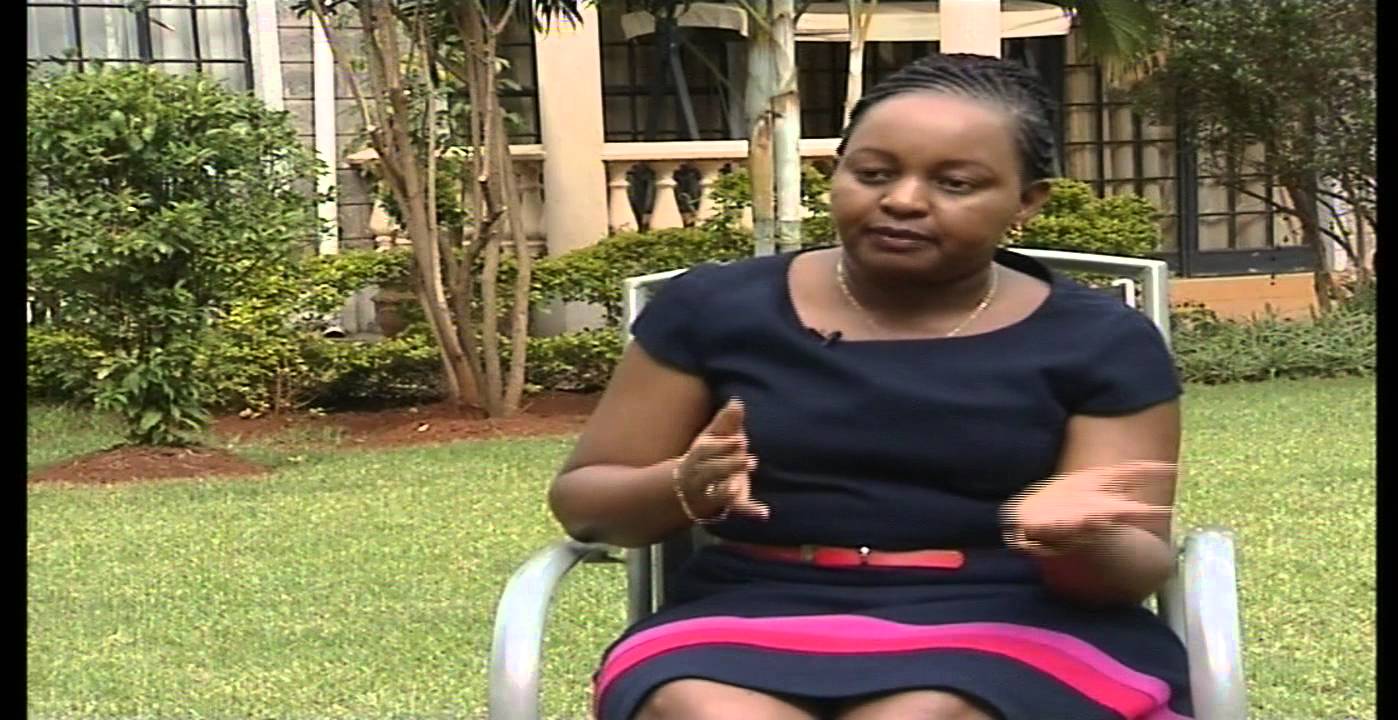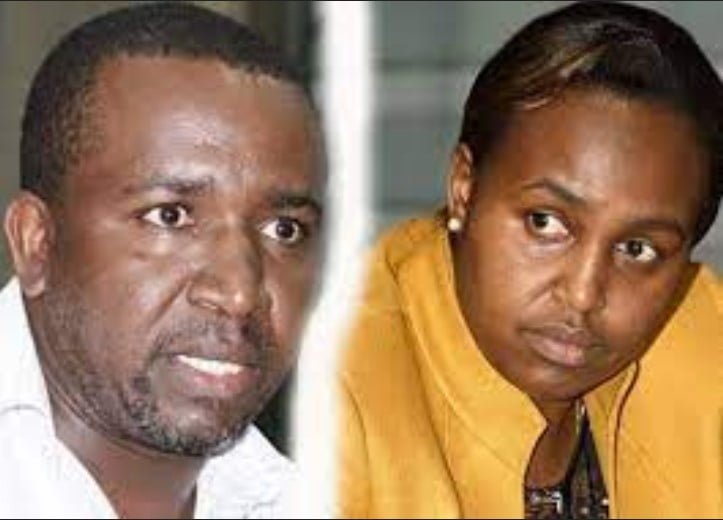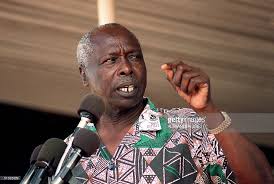The Devolution and Planning ministry is in the eye of a new storm after the auditor-general submitted a report to Parliament showing it had acquired non-financial assets worth Sh8 billion without supporting documents indicating when payments were made, amounts involved and the purpose of the procurements.
Edward Ouko, the auditor- general, has also unearthed a Sh3 billion variation between the value of pending bills the ministry declared and the actual register that the auditors reviewed, putting Cabinet minister Anne Waiguru under the spotlight.
The ministry reported pending bills worth Sh1.1 billion but the list provided for audit totalled Sh4.2 billion, resulting in a difference of Sh3.2 billion. No explanation was given for the difference between the two figures.
“In addition, important details such as account charged and current status are not included,” Mr Ouko says in a qualified audit opinion on the ministry’s accounts for the year ending June 2014.
Mr Ouko further says that the department failed to provide a register for pending bills, making it difficult to ascertain their accuracy.
The ministry also failed to prepare a summary of fixed assets register, making doubtful the ownership, existence and location of its fixed assets.
The audit report, which Leader of Majority Aden Duale tabled in Parliament last week, also shows that the ministry acquired non-financial assets worth Sh8,036,371,566 against a budgeted figure of Sh11,372,218,703, resulting to an under expenditure of Sh3,335,487,137.
Ms Waiguru has in recent weeks been under intense pressure following revelations of attempted theft of Sh826 million from the National Youth Service (NYS) account.
Last week, the minister told a chaotic joint meeting of the National Assembly’s Finance and Labour committees that no money was lost in the transaction that was detected in the second of the 25 process Integrated Financial Management System (IFMIS).
READ: MPs clash as Waiguru is grilled over NYS hack scam
Ms Waiguru said that out of the Sh826 million that was processed for payment, Sh133.2 million had been ascertained as valid, having been certified for payment by the accounting officer in the ministry (the principal secretary).
Sharply divided committee members turned the hearing chaotic, leaving little room for pursuit of the truth.
The matter has since been taken over by the Public Accounts Committee, which has ordered a forensic audit into the NYS accounts.
Mr Ouko’s latest audit report also raises questions on the award of a tender for the construction of apartments at NYS vocational training institute in Industrial Area at an estimated cost of Sh49.1 million.
The auditors found that the contract between the ministry and the contractor was signed on February 22, 2013 and the project estimated to take 52 weeks from April 8, 2013.
The contractor was paid Sh7.1 million, but a physical verification on February 15, 2015 found that the work was abandoned at foundation stage.
“Information on site meetings or other management meetings were not provided for audit. This project therefore appears stalled,” Mr Ouko says.
Besides, the ministry failed to provide contract documents for ongoing construction works at NYS Institute of Business.
“Correspondence from the contractor indicates that the original contract period expired, but there is no indication as to whether an extension was given. Consequently, the continued works on this project could not be confirmed,” the report says.
The audit also pokes holes into the ministry’s record keeping, which it says has mixed up financial statements for recurrent and development expenditure.
The budget lines were found to have transferred a total of Sh2.9 billion to other government entities that were not budgeted.
“This amount includes Sh2.2 billion reflected in the financial statements as transfers to the Ministry of Land, Housing and Urban Development and which has not been supported. Consequently, the accuracy of the figure could not be confirmed,” the audit report says.
Mr Ouko also found that pending bills amounting to Sh1.1 billion, comprising Sh120.3 million, Sh839.9 million, Sh135.2 million and Sh18.6 million for construction of civil works, supply of goods, supply of services and staff payables did not match the list provided for audit.
The audit also found that bank reconciliation statements reflected payments of Sh1.9 billion in cash book and not in the bank statements.
Again, Mr Ouko says no explanation was provided for failure to clear the outstanding items.
He questioned why payments in the bank statements for both recurrent and development expenditure votes were not recorded in the cash book and vice versa.


















































